

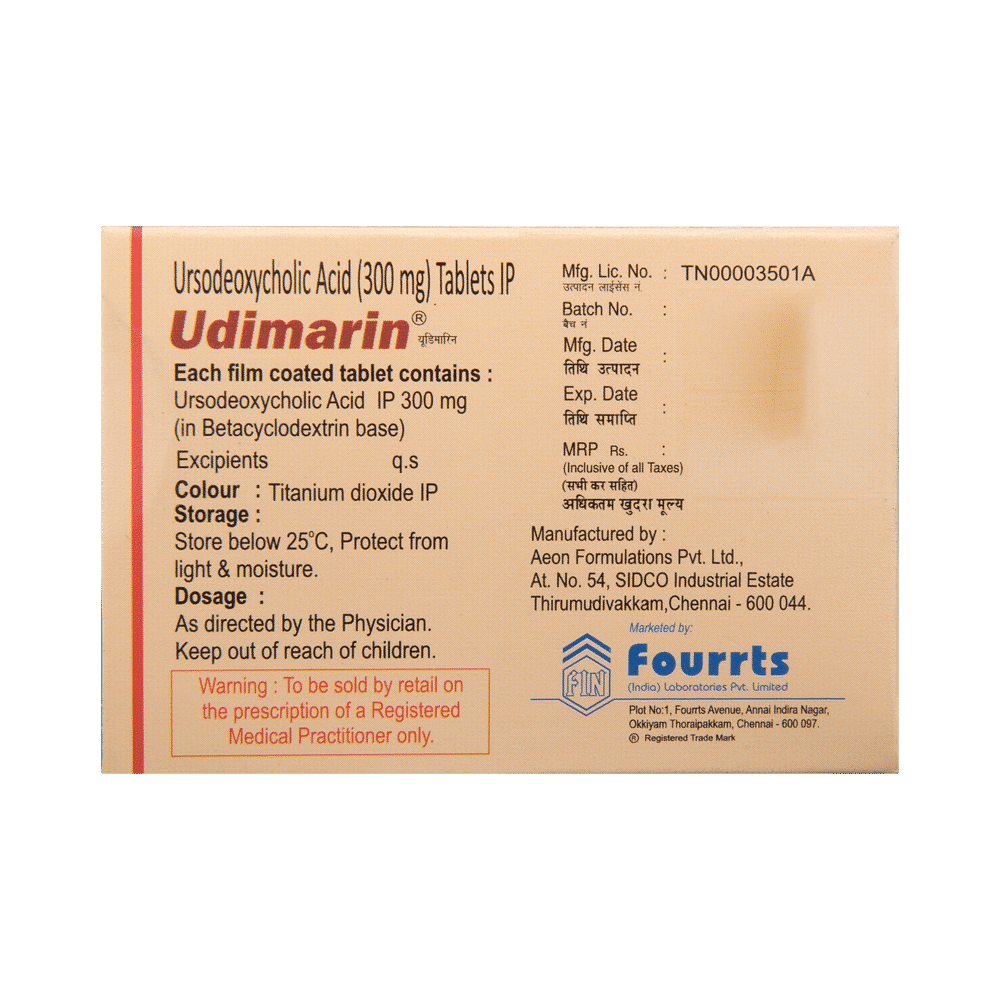
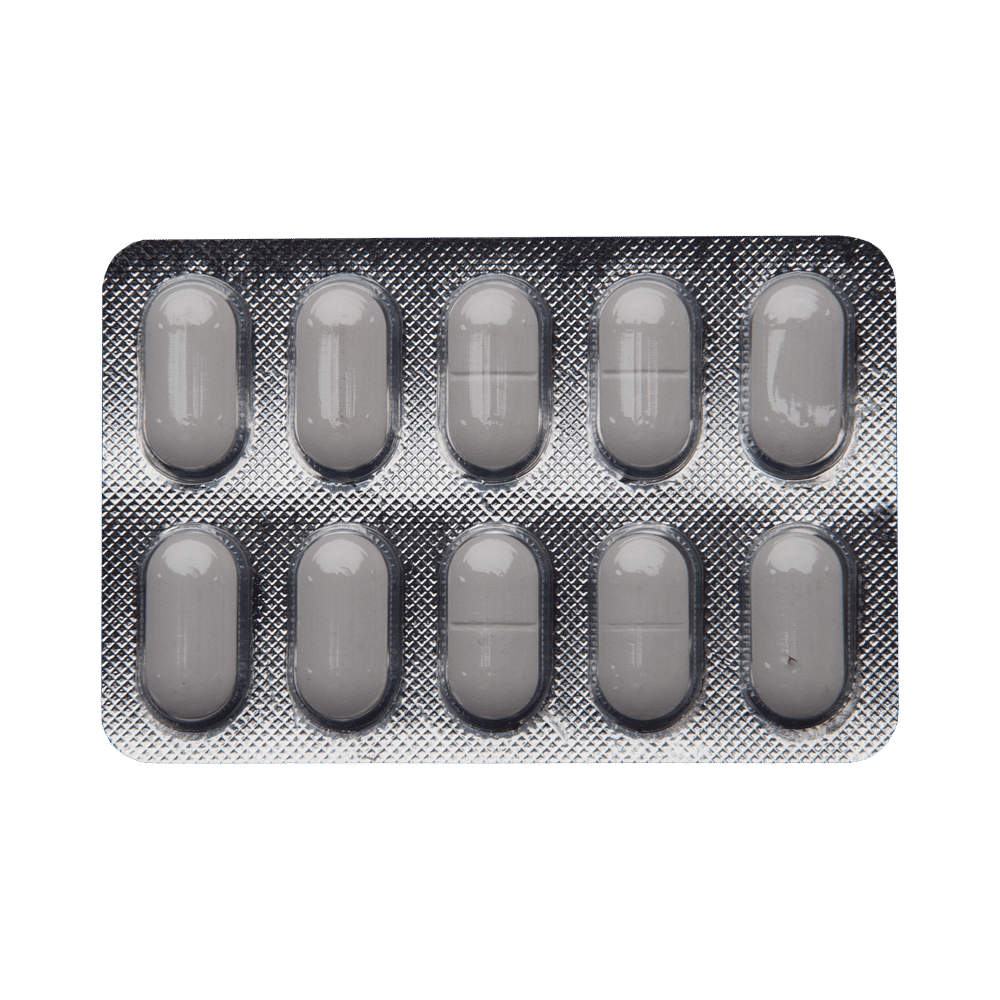
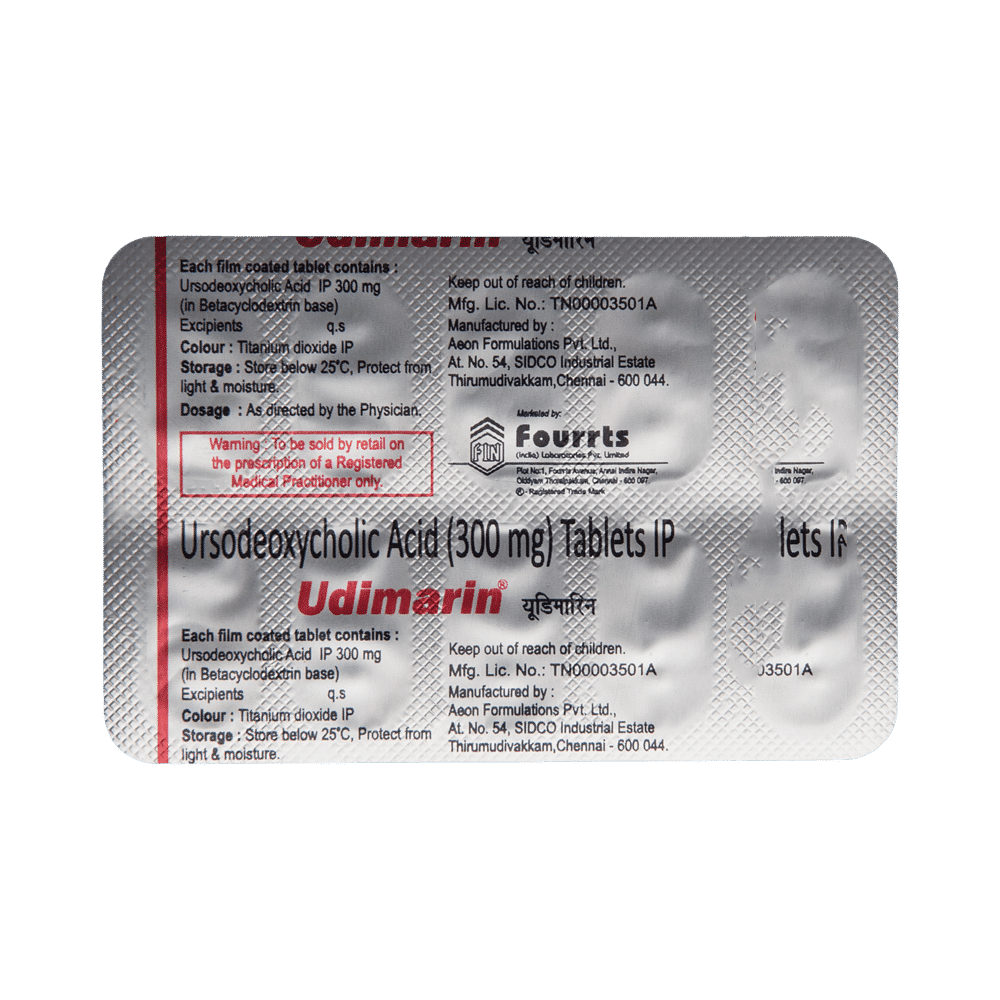
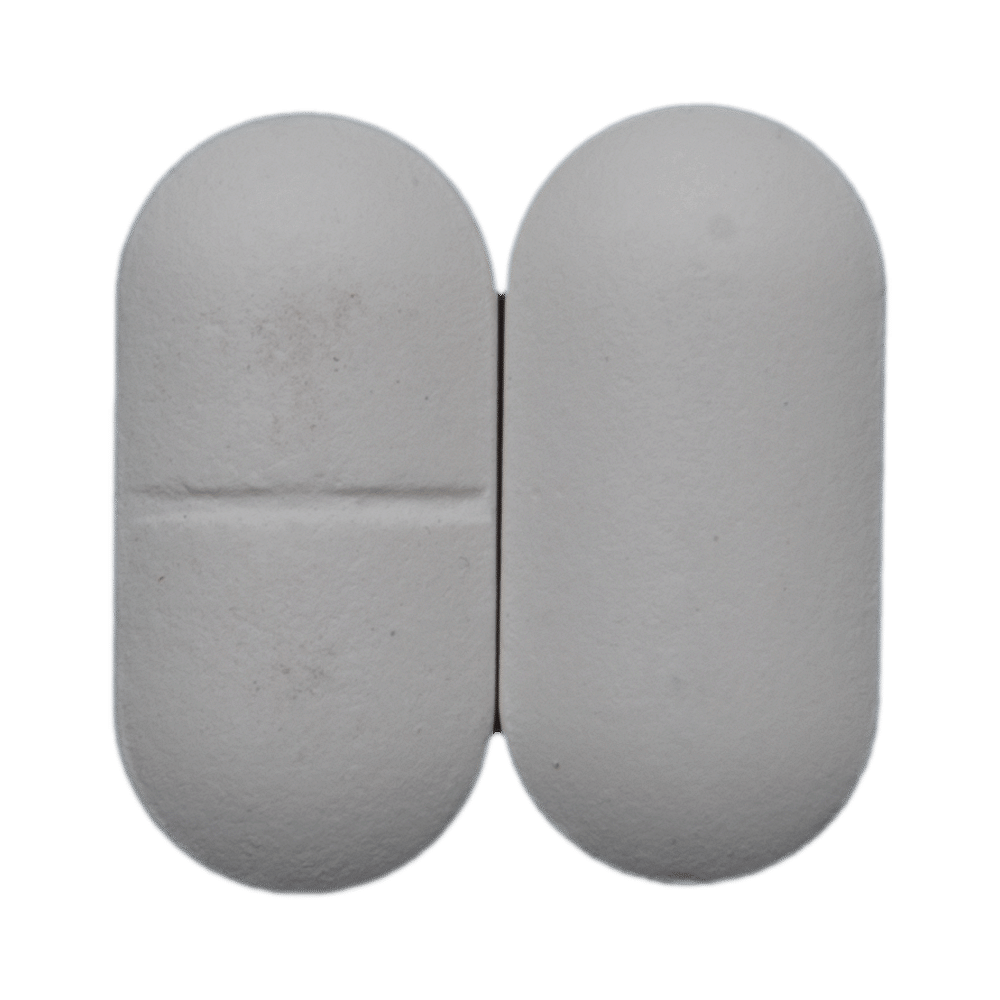
Udimarin 300 Tablet
Manufacturer
Fourrts India Laboratories Pvt Ltd
Salt Composition
Ursodeoxycholic Acid (300mg)
Key Information
Short Description
Udimarin 300 Tablet is used to dissolve certain gallstones and prevent them from forming. It is also used to treat a type of liver disease called primary biliary cirrhosis.
Dosage Form
Tablet
Introduction
Udimarin 300 Tablet should be swallowed whole after a meal and with a glass of milk or water. The dose will depend on what you are being treated for and your body weight. Take it regularly to get maximum benefit and keep taking it for as long as prescribed (several months or longer). Keep taking it even if your symptoms disappear.
Directions for Use
Take this medicine in the dose and duration as advised by your doctor. Swallow it as a whole. Do not chew, crush or break it. Udimarin 300 Tablet is to be taken with food.
Safety Information
Side Effects
Abdominal pain Diarrhea Hair loss Itching Nausea Rash
Alcohol Warning
Udimarin 300 Tablet may cause excessive drowsiness with alcohol.
Breastfeeding Warning
Udimarin 300 Tablet is probably safe to use during breastfeeding. Limited human data suggests that the drug does not represent any significant risk to the baby.
Pregnancy Warning
Udimarin 300 Tablet is generally considered safe to use during pregnancy. Animal studies have shown low or no adverse effects to the developing baby; however, there are limited human studies.
Interacting Medicines
Ciclosporin
How it works
Udimarin 300 Tablet is a hepatoprotective medication. It works by reducing the amount of cholesterol in the blood and helps dissolve gallbladder stones that are composed mainly of cholesterol. It also improves liver enzymes, protects liver cells from injury caused due to toxic bile acids, and improves liver function.
Quick Tips
Take it after a meal with a glass of milk or water Eat a healthy diet Exercise regularly Avoid alcohol intake Drink plenty of fluids if you experience diarrhea
Related Medicines
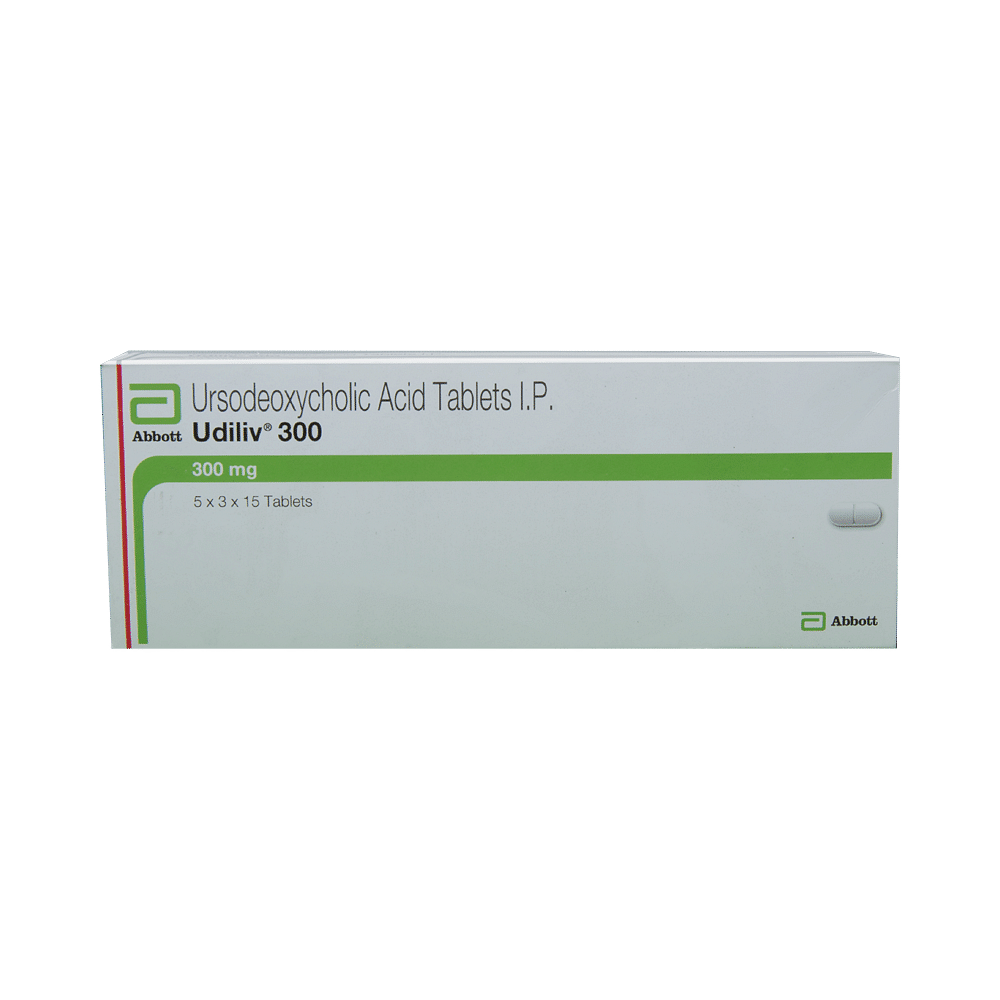
Udiliv 300 Tablet

Ursodox 300mg Tablet

Ursobiac 300 Tablet

Fortibile 300 Tablet

Ursocad 300mg Tablet
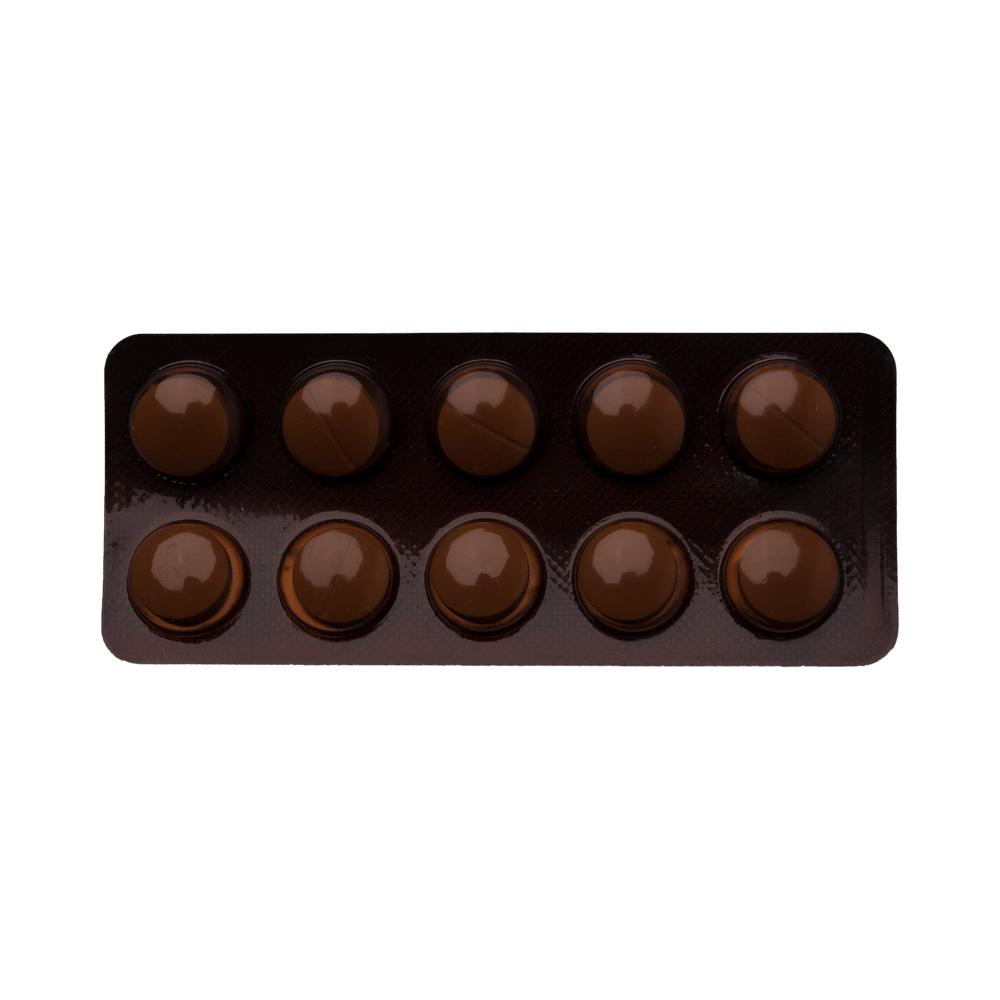
Usibon 300 Tablet

Sorbidiol 300 Tablet

Ursomax 300 Tablet

Ursolid 300 Tablet

Sedogest 300mg Tablet
Frequently asked questions
When should I take Udimarin 300 Tablet?
The timing of taking this medication might vary depending on your specific condition. Your doctor may advise taking two to three doses per day, with the last dose taken at bedtime. Udimarin 300 Tablet can be taken with water or milk and may also be taken with food or after a meal. When prescribed for dissolving gallstones, it's typically recommended to take one dose daily in the evening.
Is Udimarin 300 Tablet safe?
Udimarin 300 Tablet is generally considered safe and effective. However, this medication might cause some common side effects like diarrhea. If you experience diarrhea, your doctor may adjust the dosage, and in case of persistent issues, treatment may be discontinued. Additionally, long-term use of Udimarin 300 Tablet can impact liver enzyme levels. Your doctor will regularly monitor your liver enzymes to assess this.
How does Udimarin 300 Tablet help the liver?
Udimarin 300 Tablet acts by concentrating in the bile produced from the liver and has a direct effect on cholesterol. This action helps suppress the liver's cholesterol synthesis, decreasing cholesterol levels within the bile. Furthermore, it prevents the intestines from absorbing bile salts and cholesterol. As a result of reduced cholesterol saturation in the bile, gallstones gradually dissolve, leading to their reduction in size and eventual dissolution. The medication also increases bile flow through the liver, protecting liver cells from damage by elevated enzymes.
Does Udimarin 300 Tablet cause weight gain?
Weight gain is a possible side effect of Udimarin 300 Tablet. However, it's not frequent. This medication can contribute to weight gain in patients with liver disease associated with chronic bile stasis in the small bile ducts of the liver. In such cases, bile cannot flow from the liver to the small intestine, leading to potential weight gain. The chances of experiencing weight gain vary between individuals depending on the specific condition and should be discussed with a doctor if concerns arise.
What should I avoid while taking Udimarin 300 Tablet?
Avoid combining Udimarin 300 Tablet with antacids without consulting your doctor as this can reduce the medication's effectiveness. You should also avoid medications like cholestyramine or colestipol, which may affect Udimarin 300 Tablet’s efficacy. To ensure proper dosage and effectiveness, consult your doctor about the recommended time gap between taking Udimarin 300 Tablet and these medications. It is also crucial to avoid certain substances such as oral contraceptives, estrogenic hormones, and blood cholesterol-lowering agents like clofibrate, which might increase gallstone formation.


